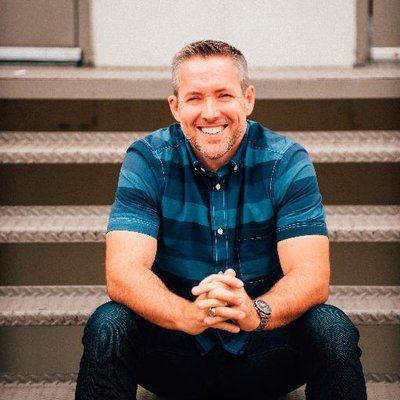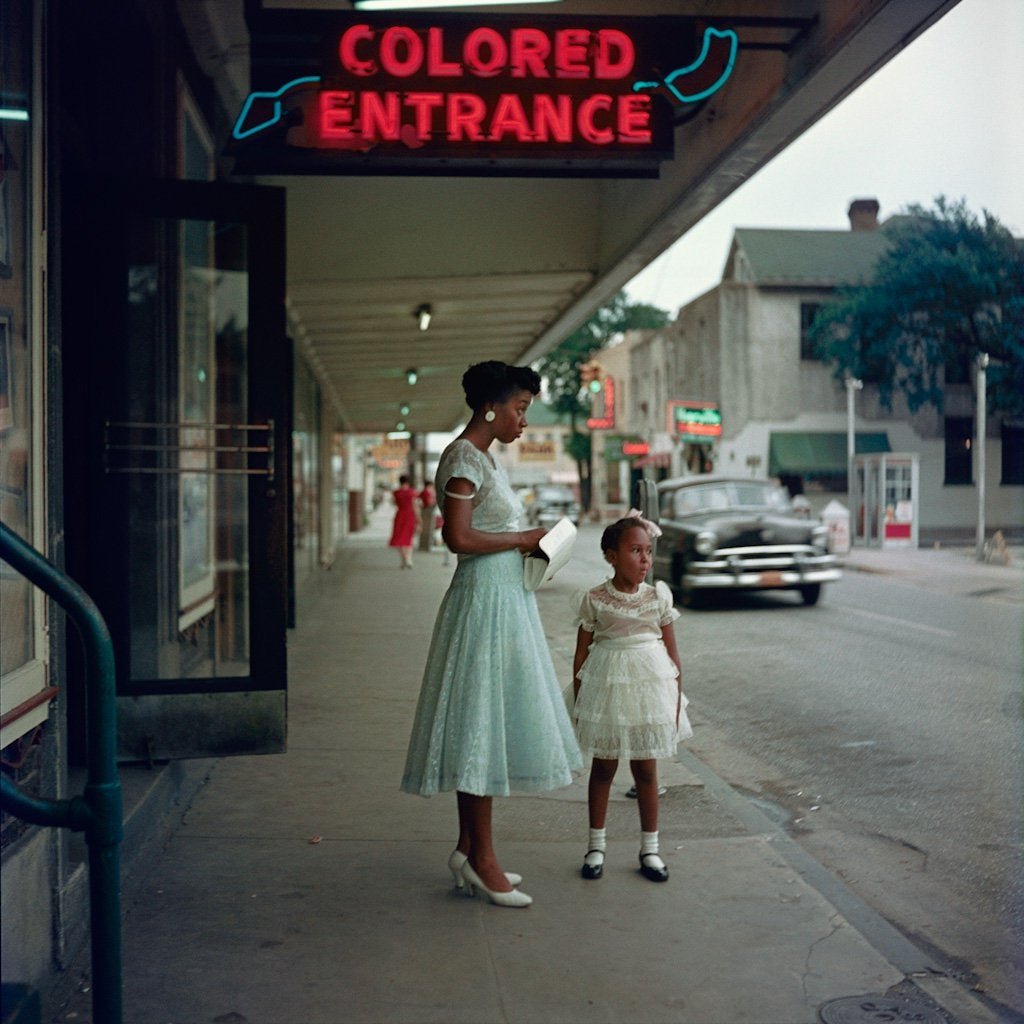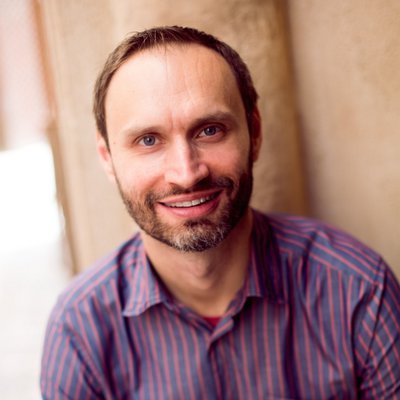Pastors Pursuing Diversity: Interview with J.D. Greear
Over the next few months, I will be conducting interviews with pastors who are pursuing diversity in their congregations. You can read more about the series in the introduction.
The questions are geared to help pastors and congregations in the pursuit of diversity in the church and all of life. All of the views, opinions, and suggestions are that of the interviewee. The goal of the series is to provide a resource from a variety of pastors, and therefore opinions may also vary.
(Due to length, please feel free to print interviews for future reading and referencing)
Have you always had a desire for a diverse or multiethnic church? If so, what has fueled this desire? If not, when did it change and why?
Greear: Since the church was re-launched as the Summit Church in 2002, our desire has been to reach and serve our entire community. Since we live in a city that is itself very diverse, we believed our church should reflect that diversity. From the very beginning, God allowed us to reach people of other nationalities. This was, however, a byproduct of our ministry, and not a focus. Only in recent years has it really become a priority. One of our pastors spoke a prophetic word over our church about 8 years ago, saying this was what God wanted from us. About 4 years ago, it became an “agenda” item, actually affecting how we programmed and staffed.
How have you sought to build diversity within your congregation?
Greear: What we’ve learned is that it takes more than a desire for diversity. We’ve learned that diversity among our leadership is necessary to grow in this area. People who identify with different ethnic or minority groups want to know that there is a place for them, not only in the pew but also in leadership.
Here are twelve principles that are shaping us in the pursuit for racial integration:
1. Our goal is not just the elimination of racism; it is the achievement of diversification.
2. Each us of us must elevate his or her ‘third race’.
3. Realize that it is not just about the music.
4. Realize that it is about the music.
5. We must prioritize diverse leadership.
6. Pre-Revelation 5, racial diversification has its limits.
7. Multiculturalism is not our primary goal; gospel proclamation is.
8. We must devote ourselves to humility and patience.
9. Give the “benefit of the doubt” whenever you can.
10. Acknowledge that your sinful flesh is racist.
11. Some of us should consider multicultural engagement a “calling.”
12. We are in a kairos moment regarding race.
See more here:
http://www.jdgreear.com/my_weblog/2014/05/twelve-principles-for-racial-integration.html
How have you sought to cast this vision to your members?
Greear: Multiple ways: We’ve hosted public forums and panel discussions. We’ve preached on it. It is a consistently recurring theme.
Do you have a diverse staff as well?
Greear: Yes, for example, we are a multi-site church and each location is led by a Campus Pastor. Among our eight campus pastors four different ethnicities are represented.
What do you see as the benefit of having a diverse church?
Greear: It is a testimony of the Gospel of Jesus Christ. The early church lived in as racially divided time as any but the New Testament says that in Christ, there is “neither Jew nor Greek.” In Christ, we experience a unity that transcends our cultural experience. To live in unity and love for one another is a witness to the world of what Christ has done for us. “They will know you are my disciples by your love for one another.” It is also a sign of the coming multi-cultural unity around the throne of Christ, proclaiming the mystery and power of God’s wisdom (Rev 5:9; Eph 3:10).
Tell us a little bit about yourself. What is your testimony? Did you grow up surrounded by diversity or has this been a newer conviction/desire?
Greear: I grew up in church and a Christian home. Most of my experience was in churches that were predominately white but I can remember from the time I was young seeing my dad befriend and lead to Christ people of other races. There was no racism in our church, but we were not programmed so as to invite and embrace diversity. Thus, our church remained largely white. I always knew this was not right, but didn’t know how to change it.
Have you experienced any fears or struggled with doubt as you’ve sought to pursue diversity in your church?
Greear: Pursuing diversity in church is hard. It is easier to just cater to the preferences of one demographic. When people from different cultures come together, it requires intentionality, vulnerability and lots of dialogue. But it leads to a richer experience of the gospel.
Do you do anything unique with your service?
Greear: It’s difficult in a worship service to create an experience that connects to multiple cultural desires, but we are trying to learn how to do this better. Music is a powerful tool for this.
If you could give any advice to a pastor who desires to pursue diversity within his congregation, what would you say to him?
Greear: It’s worth it.
Here are our diversity “plumblines” we use to disciple our staff and congregation. These are lines and truths I repeat and teach on often:
Gospel loving Christians pursue multiculturalism wherever they can as a sign of Rev 5:9 (Eph 3:10–11; Acts 13:1–4)
We must balance a desire for multiculturalism with the need to “become a Greek to the Greeks” (1 Cor 9:19–21) (i.e. we have to adapt our ministries to all those we are reaching). Become a ‘Greek to the Greeks’ in RdU means adapting our message to the predominant culture: Derwin, we do Tomlinson with diversity twists, beats, etc). This should serve as a balance for us in our objectives, and keep us realistic in our expectations
The summit church has a long way to go in achieving the multiculturalism God desires for us
The staffing and programming of the Summit Church should always be “ahead” of the congregation, pushing for multiculturalism, not trying to catch up
In the spirit of Phil 2:1–5, the majority culture ought to “give more” than it expects minority cultures to “give”
We seek to live multicultural lives, not host multicultural events
Also, some of our “struggles” with diversity are reflected in this dialogue:
If you were asked to speak to a congregation who was about to begin a series of initiatives in hopes of building a more diverse congregation what might you say to them?
Greear: I’ve actually written a series of blog posts you can find here.
I, personally, believe diversity begins in the home. In other words, we are adopted into a new family and that family, the church, is beautifully diverse. We should seek not to have a face change in our churches but to have it in all of life—our lives should include those unlike ourselves. Do you agree? If so, how might you encourage members to build diversity in their homes?
Greear: Absolutely. The one thing we ask people when discussing diversity is how diverse are their relationships? It takes intentionality but I’ve found that pursuing diversity in my personal relationships has led to personal growth and a greater understanding of the gospel.
RELATED CONTENT











Guest post by Isaac Adams
I thank God for folks who speak biblically about race. Whether it’s a black mom teaching her children that they also bear God’s image, or a white sister writing a prophetic blog post—there are many brothers and sisters take up this worthwhile battle…